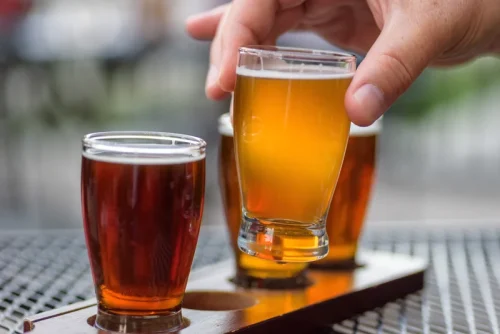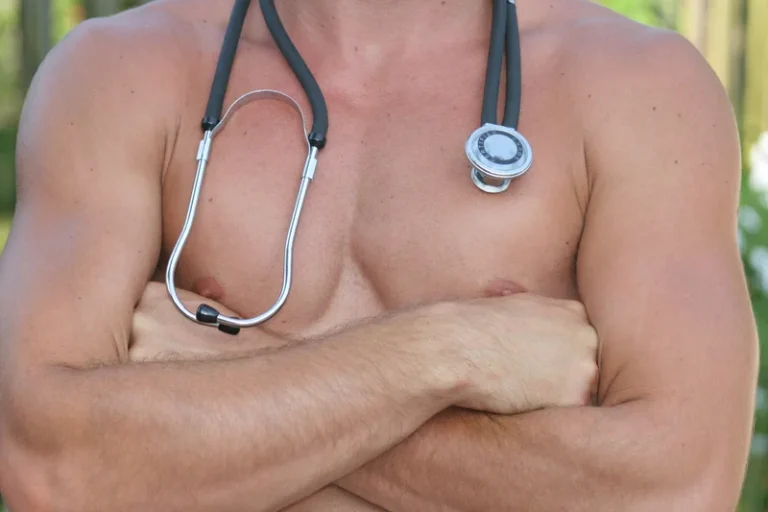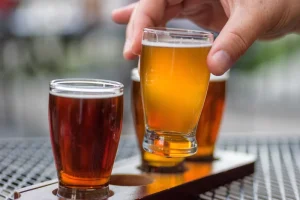
People who consume large amounts of alcohol may be more prone to certain nutritional deficiencies, including B vitamins. Your doctor may recommend taking supplements to address these deficiencies. Because withdrawal affects both the body and mind, therapy and counseling can provide crucial support. Many treatment programs incorporate behavioral therapies to help people manage cravings and prevent relapse. Withdrawal symptoms from alcohol range from mild discomfort Cure for Alcohol Withdrawal Symptoms to severe complications and, in some cases, can be life-threatening.
Associated Data
The most well-known example of a peer support program that helps people with alcohol addiction is Alcoholics Anonymous, or AA. This original 12-step program has helped many people get the support they need to stay sober after they stop drinking alcohol. Certified substance abuse counselors don’t have a university degree, but they are specialized in helping people through recovery. However, if you have a co-occurring mental health condition, it will benefit you to look for a licensed therapist. Licensed therapists are Masters- or Doctorate-level mental health practitioners that have trained specifically to help people with mental health issues, including addiction.
Nutritional Support

Even moderate drinking can contribute to anxiety, depression, and long-term health risks like liver disease and heart complications. Another alternative, especially if you have experienced severe withdrawal in the past, is to check yourself into a professional detoxification facility. Detox programs involve short-term (usually less than drug addiction seven days) inpatient treatment during which specially trained professionals monitor your withdrawal closely and administer medications as needed.
Links to NCBI Databases

Anxiety and tremors occur as the brain becomes overstimulated due to reduced GABA activity, leading to restlessness and involuntary shaking. Sweating, nausea, and an elevated heart rate result from the autonomic nervous system’s overactivation causing the body to respond as if under stress. The craving for alcohol may be a persistent challenge during and after withdrawal. There will be multiple points throughout the process where you will be tempted to drink.

SCREENING PATIENTS FOR ALCOHOL MISUSE
- But even cutting down on alcohol helps lower the chances of serious symptoms.
- Timely assessment and accurate treatment are vital to preventing disease progression.
- It becomes overexcited because there’s no more alcohol to slow it down.
- Chronic alcohol consumption disrupts the balance between gamma-aminobutyric acid (GABA), an inhibitory neurotransmitter, and glutamate, an excitatory neurotransmitter.
- For most people, alcohol withdrawal symptoms will begin sometime in the first eight hours after their final drink.
Alcohol withdrawal symptoms begin within 6 to 12 hours after your last drink. The intensity and nature of these symptoms will vary based on several factors, including the severity of the alcohol use disorder, physical health, and mental well-being. Ways to treat alcohol withdrawal include medical detox, partial hospitalization programs, and intensive outpatient programs, based on symptom severity. The risk factors of alcohol withdrawal are heavy alcohol use, age, a delirium tremens history, dehydration, electrolyte imbalances, brain lesions, abnormal liver function, certain medications, and substance abuse. Individuals with long-term heavy drinking histories experience accelerated withdrawal onset due to significant neurochemical adaptations. More severe symptoms, such as hallucinations and seizures, develop within 24 to 72 hours, while delirium tremens (DTs) appears between 48 to 96 hours.

Many people with addictions convince themselves that they are alone and are the only ones going through their experiences. It can be very comforting to know that many people have gone through withdrawal before. We recommend reaching out to others who are also going through withdrawal or joining group therapy.
- Cravings and mood swings are some of the biggest concerns at this point.
- Many outpatient detoxification services require individuals to visit a community clinic regularly, which can be challenging for those who have difficulty accessing or remaining at the clinic.
- Alcohol is one of the most widely abused substances but drug use and polysubstance use are common as well.
- Psychiatrists (mental health providers with medical licenses) can prescribe you with psychopharmacological (psychiatric) medication, like antidepressants, if that’s something you require.
- After opioid withdrawal, there is also an increased risk of overdose due to the loss of tolerance.